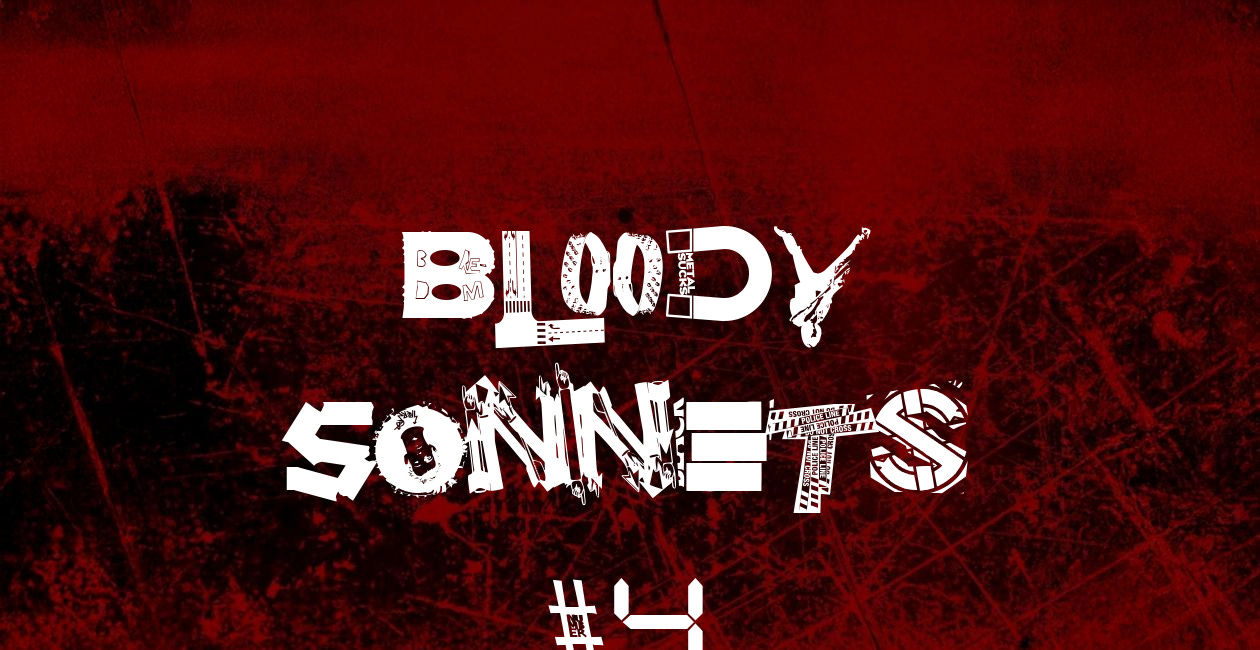Welcome to my series of adapting Pavol Országh Hviezdoslav’s The Bloody Sonnets into free-verse. This is the fifth of thirty-two sonnets.
Following the adaptation, there is a discussion.
If only the blood that
spills now could pour
to flushing muscles
and brains —
it could turn the
engine of progress
and light the
spark of summer.
It could unburden the burdened
and heal their pain!
But what of the spirit that
yearns for the rising sun?
That will melt into gunsmoke
on the battlefield
and will be snuffed out
with divine fervor.
And over all this,
heartache.
The tears of son-less mothers,
for which we have no word,
young widows and orphans
made premature in the
blink of dawn.
Every day we cut flowers
for fresh mourning.
And what of mankind's weeping genius?
That too will enter eternal shadow.The original is in the Slovak language, which was originally written in 1914:
Čo krvi stečie takto prívalom, jejž pôsoblivé v žilách, v svaloch prúdy skvost leta mohli vyviesť z každej hrudy, pokroku slynúť rušňom-dvíhadlom, byť odčinom bied, bremien odvalom! Čo ducha, budúcna v ňomž svit sa budí, v nič rozplynie sa s bojišťa tam čmudy, pohasne navždy s božským zápalom! A nad tým v srdcelomnom bolestení čo prelejú sĺz biedne matere, predčasné vdovy, siroty! mrk denný im oviv novým flórom kadere — A čože ľudstva rozplakaný génij? ten do večnej sa tône uberie!
Discussion
This one was a bit of struggle, but I’m happy with the result. This exercise is really quite a nice process. It really forces me to put on a Hviezdoslav mask and perspective. I’m learning on the fly and I appreciate all of you traveling along with me.
The last stanza is pretty close to the original. Which I think is a driving point of this sonnet. How much collective effort is spent on making weapons of war? The innovation in murder outpaces nearly every other industry. And yes, we occasionally get the scraps that fall from the plate like the original Internet, but what if these energies were spent elsewhere?
It reminds of the story of Alan Turing, if you will excuse the WWII example. The man who played such a role in enabling the technology you are using right now to read this poem-essay, applied his brilliant mind to save his country, and was sentenced to chemical castration for his sexuality by the same country he worked to save.
Before his suicide, Alan Turning sent postcards to Robin Gandy. The following haunting track is what I think of when I read And what of mankind’s weeping genius? That too will enter eternal shadow.
They are Alan Turnings words, each on a postcard titled “Messages from the Unseen World.”
Here is the previous Sonnet.





This hits at THE question I often ask as well, what if we could stop all wars and devote to positive progress. The answer or justification/preference is cross disciplinary. Fodder for art and debate as it goes back to our primal animal nature. At some point we may need to transition to a higher being, but we aren't there yet and maybe the universe isn't ready for us to be for various reasons - potential threats foreign (aliens) OR domestic (other humans).